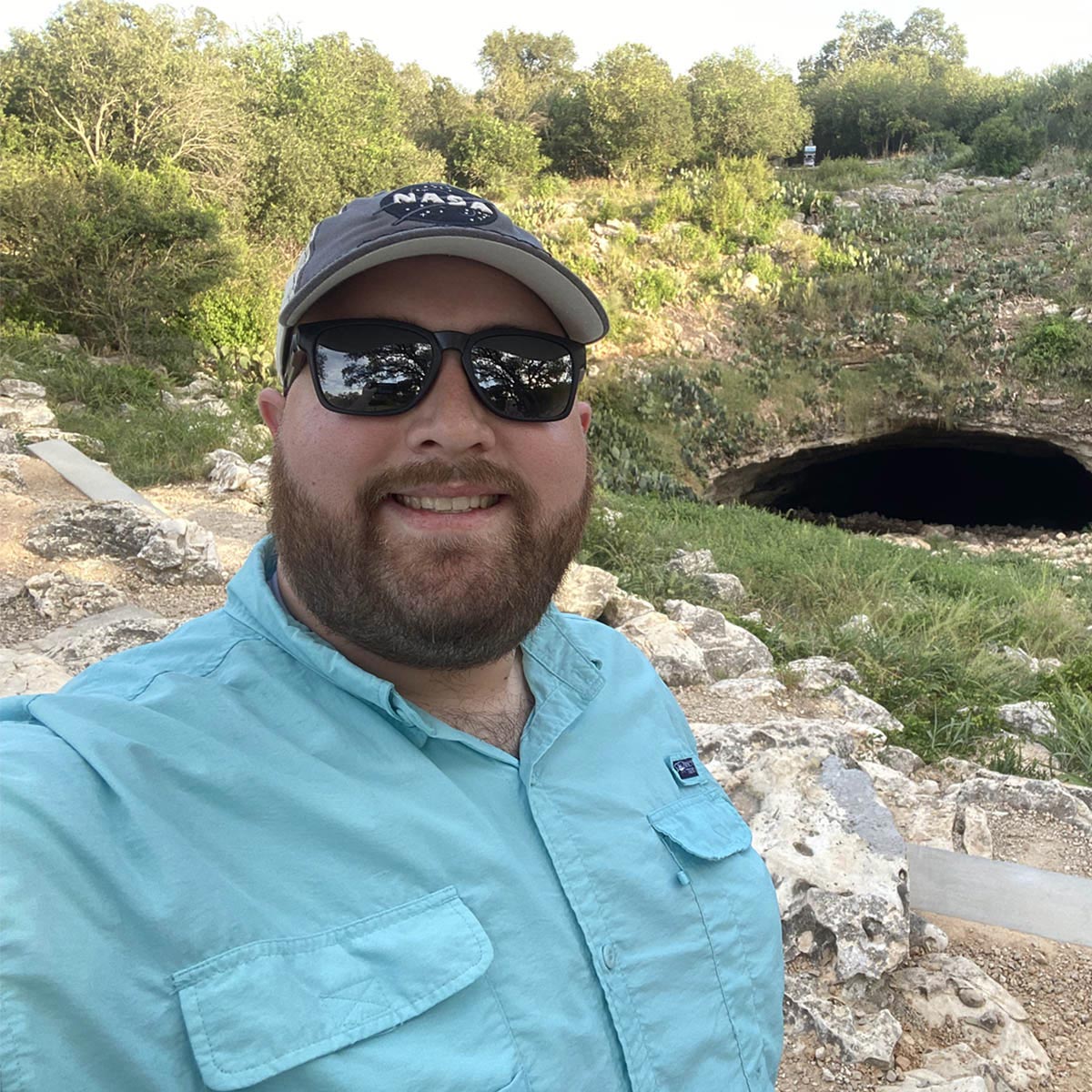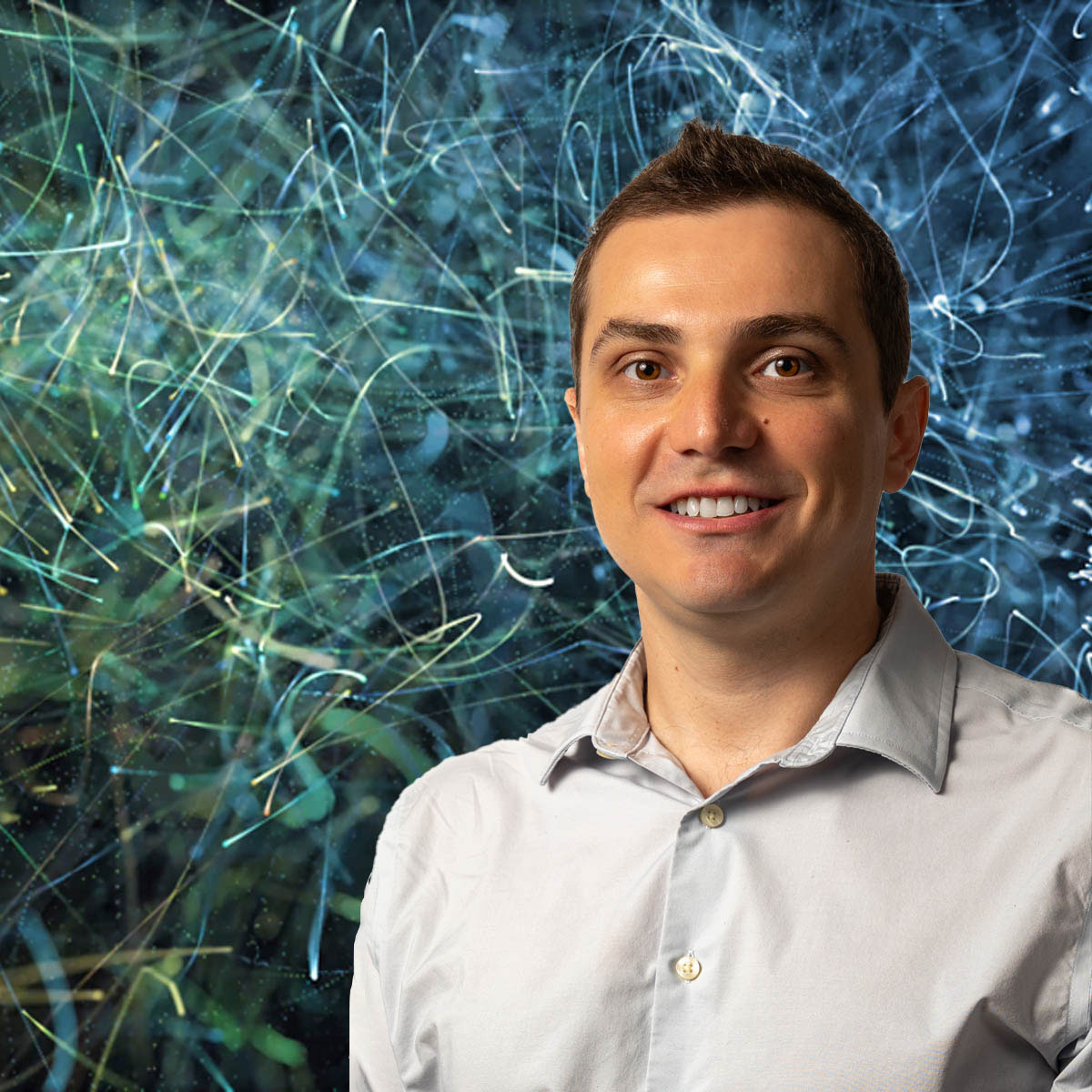Posted on August 1, 2023 by College of Sciences
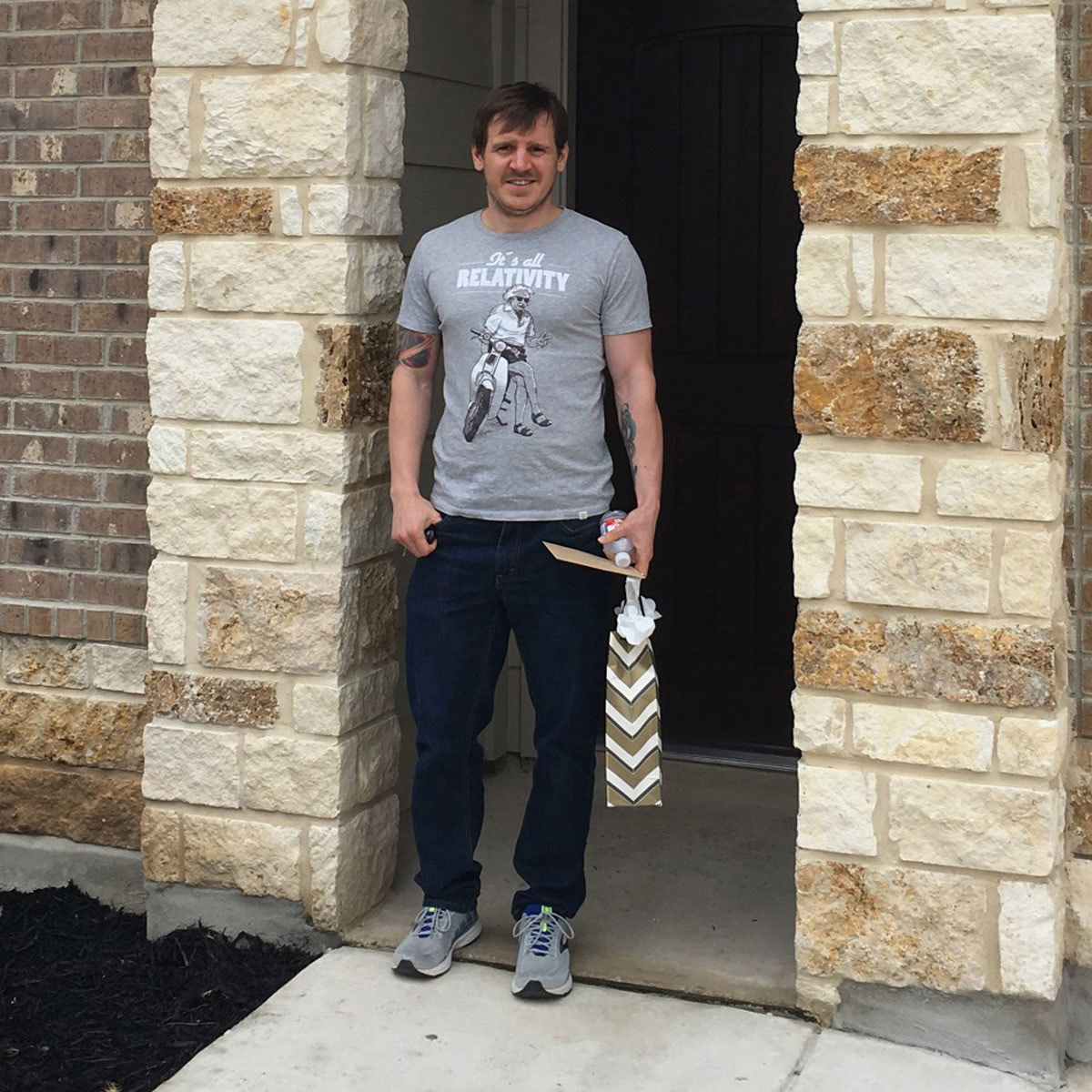
Guy Grubbs II
By Ryan Schoensee
Meet Guy Grubbs ‘16, a senior research engineer at the Southwest Research Institute’s (SwRI) Space Science Division. Guy earned his Ph.D. in Physics at UTSA while also participating in the SwRI-UTSA Space Physics and Instrumentation, which provides doctoral students with the opportunity to work with core scientists from SwRI’s Space Science and Engineering Division while pursuing their degree.
In his current role at SwRI, Guy performs Field-Programmable Gate Array (FPGA) development for collecting, analyzing, and reporting plasma measurements on several satellite instruments. In addition to FPGA development, Guy also works on the front-end electronics designs for sensor data collection and the sensor optics which directs plasma into detectors connected to the front-end electronics. These detectors digitize the signals into readable measurements of plasma energy, temperature, velocity, or other characteristics of interest.
Guy chose UTSA because of the unique program offered between both the university and SwRI. This collaboration allowed him to take both physics courses at UTSA and space and astrophysics courses at SwRI, which included lab classes and on-site research. This arrangement helped Guy gain the skills necessary for his current role by providing numerous experiential learning opportunities such as scientific instrument development and sensor testing. Additionally, Guy was able to build connections with staff from SwRI and other space instrumentation development facilities, which contributed to him finding employment soon after graduating.
"I can’t reiterate enough that the UTSA and SwRI combined program allows for hands-on experience with satellite instrument development that will be unrivaled by most other institutions in the country," said Guy. "Few graduate and post-doc students can say that they have tested or helped develop something that is or will be deployed in space and to understand all the challenges and facets of these projects during their multiple years of development."
During his time at UTSA, Guy found the program to be challenging in that it required plenty of studying and experimenting. He learned that it was acceptable to admit when you don’t have a solution to a problem—so long as you stayed motivated and went on to perform as much research as possible to uncover the answer.
"I think anyone who goes into the physics graduate program should be very committed to science and enjoy the work they do," said Guy. "When doing original research and writing multiple papers and an extensive dissertation, you will need to have this commitment and drive because that will be the toughest time of the program."
One impactful moment Guy recalls from his time at UTSA was when he was halfway through his graduate program and his mentor was relocated to Godard Space Flight Center (GSFC) outside of Washington D.C. This change made in-person meetings and support for his dissertation much more challenging. Fortunately, UTSA and SwRI were able to make accommodations and allowed Guy to move to GSFC to work directly with his advisor and expand his network further to include scientists and engineers from NASA.
The program also supported Guy’s dissertation which included a memorable trip to Fairbanks, Alaska to deploy a sounding rocket, a type of rocket that takes atmospheric measurements and is often used in research related to the Earth’s upper atmosphere. During the rocket’s deployment, Guy lived in remote Alaskan villages and was able to clearly witness the Northern Lights in person.
This research excursion is one Guy will always remember from his time in academia at UTSA, "The experience in Alaska is incomparable to most of the deployments I have been involved in since," said Guy. "There’s been nothing quite like it and I am forever grateful to UTSA and SwRI for the opportunity."
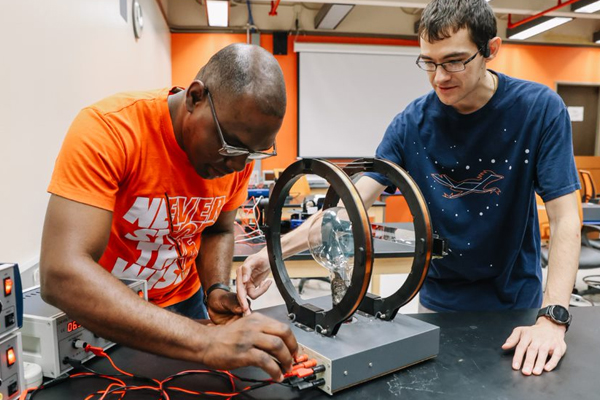
Explore the Physics and Astronomy Department!
Providing students with a solid background in physics and problem-solving skills and equipping them with invaluable research experience to prepare them for their future careers.
Recent Physics and Astronomy Spotlights
View More Spotlights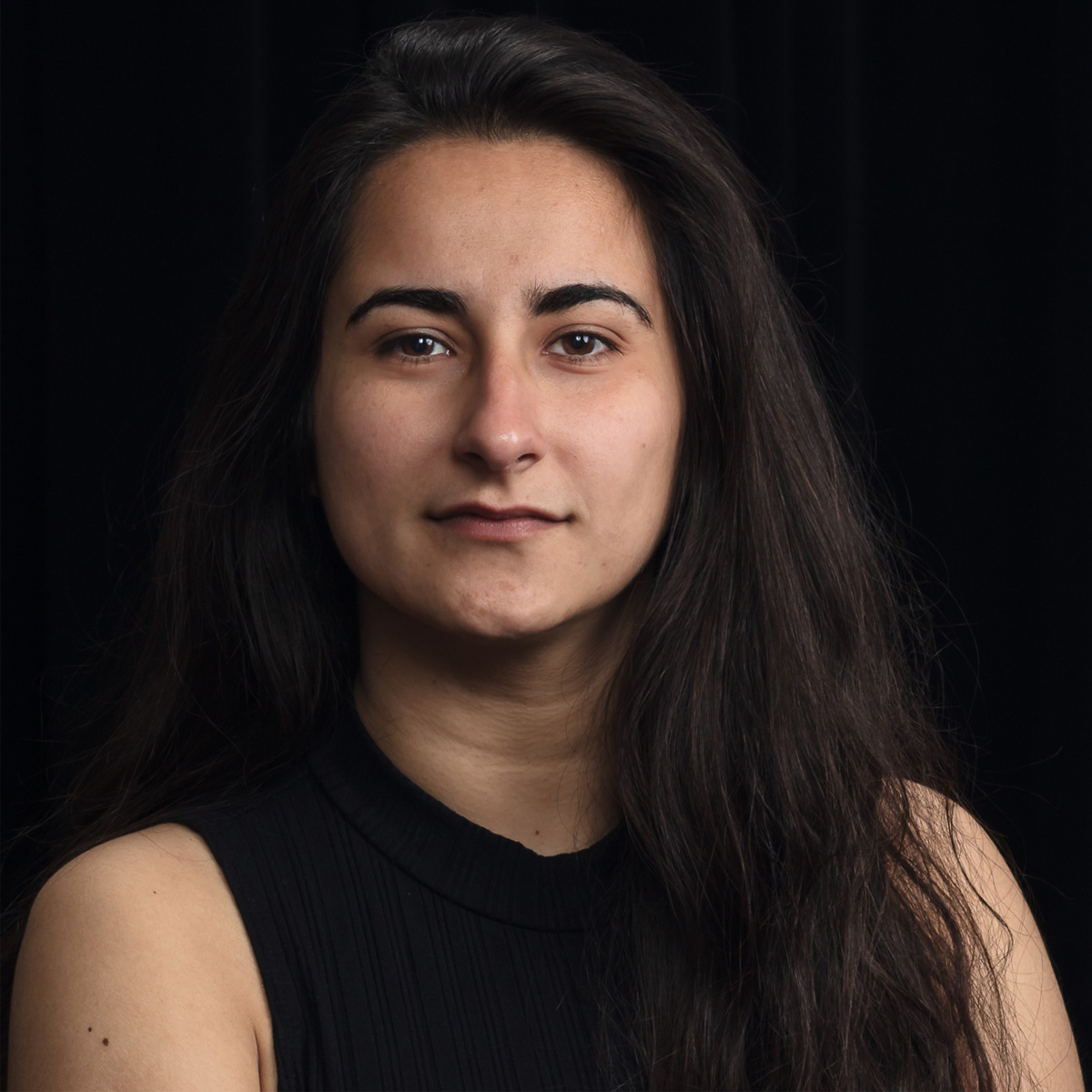
September 19, 2025
Maria Gabriela BoadaPublished by College of Sciences
#ThisIsWhatAScientistLooksLike
